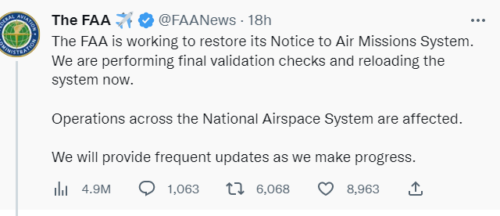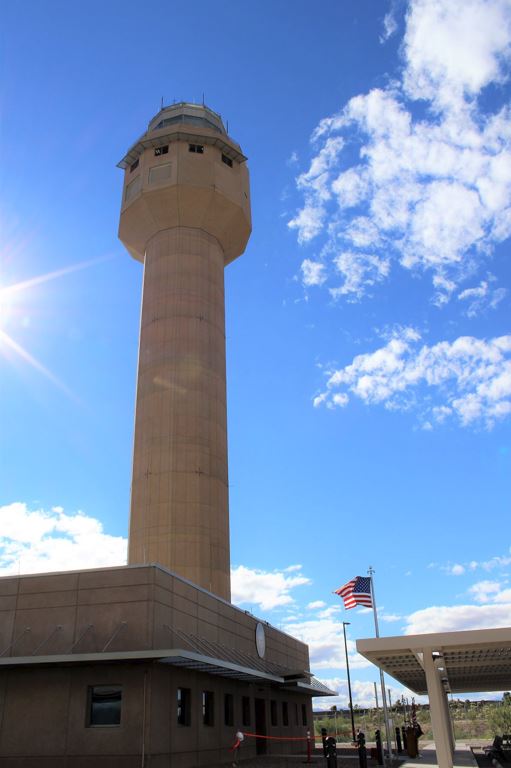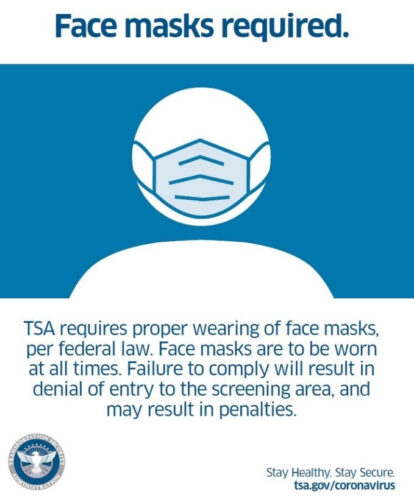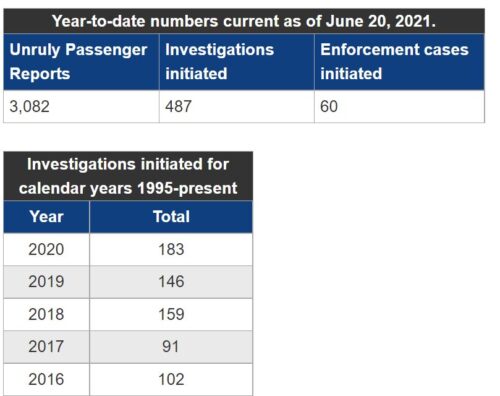[Our story on the rise of unruly airlines passengers first appeared on NBC News)
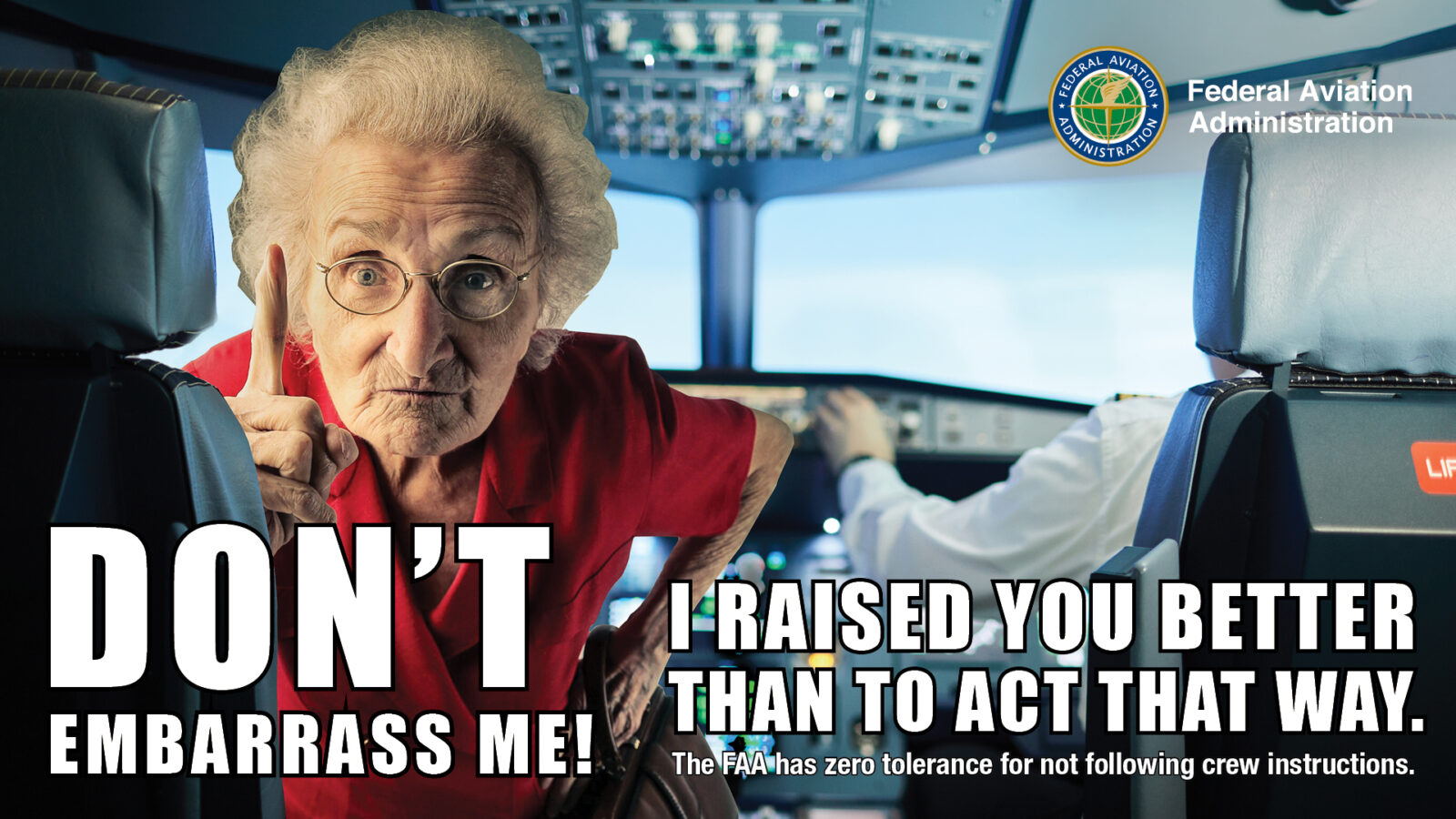
Air travelers picked up some bad habits during the pandemic that they can’t seem to shake.
Unruly passenger incidents rose 47% globally last year from 2021, even as pandemic-related restrictions faded, according to recent data released this month by the International Air Transport Association, an airline trade group.
Reports of bad behavior rose from a rate of 1 incident per 835 flights to 1 per 568 over that period, IATA found.
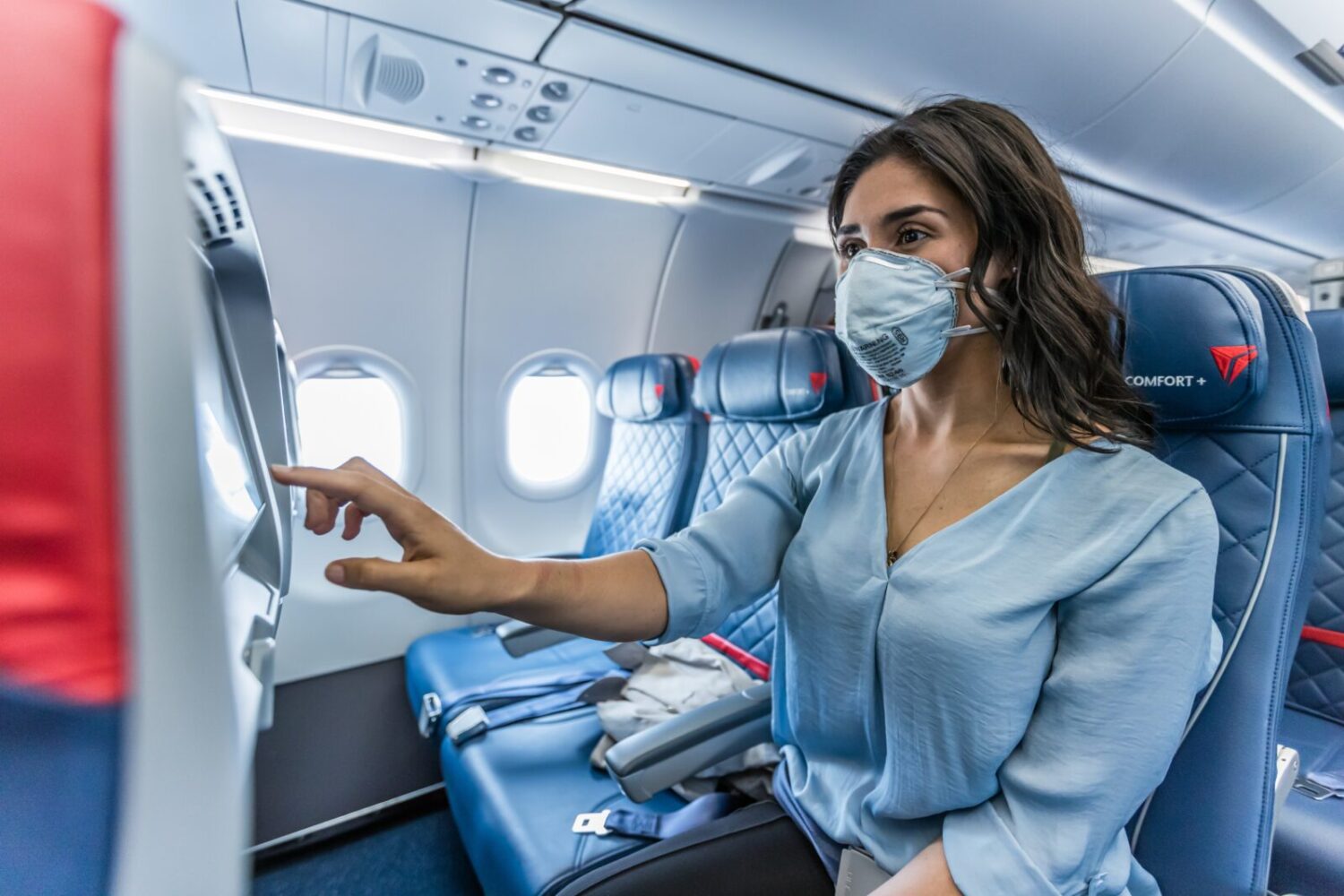
Conflicts over mask requirements, which drove a surge in unruly conduct during the depths of the coronavirus pandemic, have largely dissipated.
But as air travel continues to rebound — a record 257 million passengers are expected to hit the skies on U.S. airlines this summer — other sources of contention are still triggering disruptions at alarming rates. And some say official data may only capture a fraction of the problem.
“The public does not hear about the 99% of would-be incidents that are resolved by flight attendants without event,” the Association of Flight Attendants President Sara Nelson said in an email. “We deescalate conflict as aviation’s first responders on nearly every flight.”
Industry experts say that they can only speculate about what’s going on.
“I’m not sure if there is an overall increase in a feeling of self-entitlement,” said aviation security expert Jeffrey Price, the owner of the airport management consultancy Leading Edge Strategies, “or if people are, for some reason post-Covid, feeling more empowered to assert what authority or influence they believe they have.”
Looking at more than 20,000 reports submitted by around 40 airlines worldwide, IATA found the most common types of unruly conduct last year were non-compliance with crew instructions, followed by verbal abuse and intoxication.
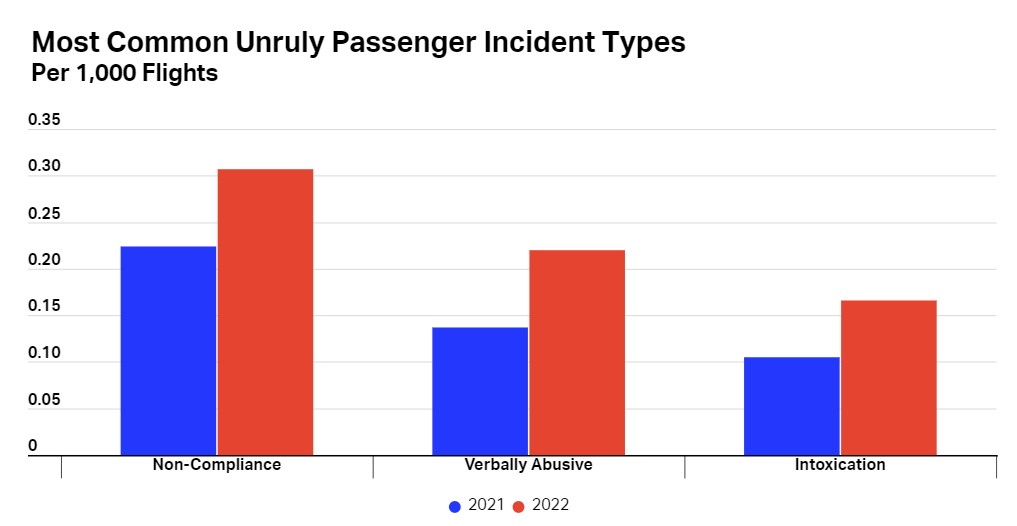
In the last few weeks, a Delta Air Lines flight heading to Detroit from Paris was diverted to Canada for an emergency landing over the behavior of an unruly passenger. And a traveler denied boarding at Hartsfield-Jackson Atlanta International Airport was arrested after allegedly having slapped a Spirit Airlines employee.
While extreme incidents like those remain rare, “it is very concerning to see the frequency of reported unruly incidents increasing,” said Jonathan Jasper, IATA’s senior manager for cabin safety. “And the key here is that the numbers are only a part of the story. It’s the behavior behind the numbers that is causing us some concern.”
IATA attributed last year’s jump in noncompliance to infractions ranging from passengers’ smoking cigarettes or vaping on planes to failing to fasten their seat belts, refusing to stow cabin baggage during takeoff and landing, and drinking their own alcohol onboard.
IATA’s study doesn’t break down incident rates by region. In the U.S., Federal Aviation Administration data shows the problem remains elevated despite having eased considerably from pandemic peaks.
In 2019, the FAA logged 1,161 unruly passenger reports and just 1,009 in 2020, when lockdown orders sharply restricted air travel.
But as flight volumes began ticking back up, the reports skyrocketed to a record high of 5,981 in 2021 — around 72% of which had to do with masking rules, the FAA said.
Last year, the agency tallied 2,455 unruly passenger reports in the U.S., still far above pre-pandemic levels but a sharp drop nonetheless. The decline came in a year when a federal judge struck the Centers for Disease Control and Prevention’s mask mandate for public transportation in late April 2022, by which point masking-related unruly conduct had dipped to 63% of FAA reports.
When mask mandates were overturned, however, the agency had already spent well over a year enforcing a “zero-tolerance” policy for unruly behavior.
In January 2021, it rolled out penalties such as hefty fines and the threat of federal criminal prosecution, including potential jail time, for any passenger who “assaults, threatens, intimidates, or interferes with airline crew members.” The FAA said this April that it had referred more than 250 of the most serious cases to the FBI since last 2021.
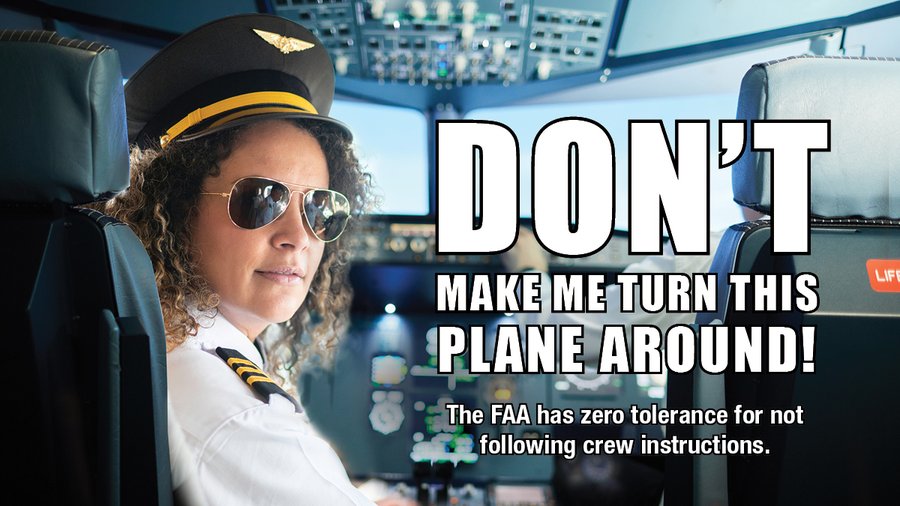
While instances of noncompliance fell at the start of last year as more airlines and governments around the world dropped their mask mandates, IATA found the rate beginning to rise again as 2022 wore on, ending the year up.
Some aviation experts say many customers have most likely lost patience with airlines over high ticket prices, widespread delays and cancellations and sliding service quality in recent years.
“Flying is an altogether less enjoyable experience,” said Philip Baum, the managing director of the aviation security consultancy Green Light Ltd.
He noted that the industry let go of huge numbers of personnel early in the pandemic and has struggled to recruit and train new ones. Many airline and airport workers may now be less experienced and more stressed, adding strain to interactions with shorter-fused customers.
In addition, Baum said, “The reality is that post-pandemic, those experiencing poor mental health is on the increase, some of whom may find the depersonalized service offered a trigger.”
Nelson also pointed to the pandemic’s long shadow, saying it “exposed deep social division and resentment over rising inequality,” and she criticized public officials’ “mixed messages and contempt for rules that protect our collective safety” as having made matters worse.
“Our cabins are microcosms of humanity, so this anxiety, confusion and division continues to show up in behavior on our planes,” she said.
Aviation most likely isn’t the only industry more customers are lashing out at. In the National Customer Rage Survey, released in March, a record 74% of consumers said they experienced issues in the marketplace in the previous 12 months.
And 43% of respondents said they had raised their voices at customer service, up from 35% in 2015. Labor shortages in recent years were probably a factor in the jump, the researchers said at the time.
Whatever the underlying causes, the problem shows few signs of fading from air travel.
The FAA had already recorded 822 reports of unruly passengers as of June 11 — less than halfway through a year when global passenger volumes are projected to reach 92% of pre-pandemic levels, up from 72% last year.
In fact, after a slight dip in February to 122 unruly passenger incidents, the FAA received 169 reports in May — the highest monthly level so far this year.
The agency didn’t respond to requests to comment further on its data.
